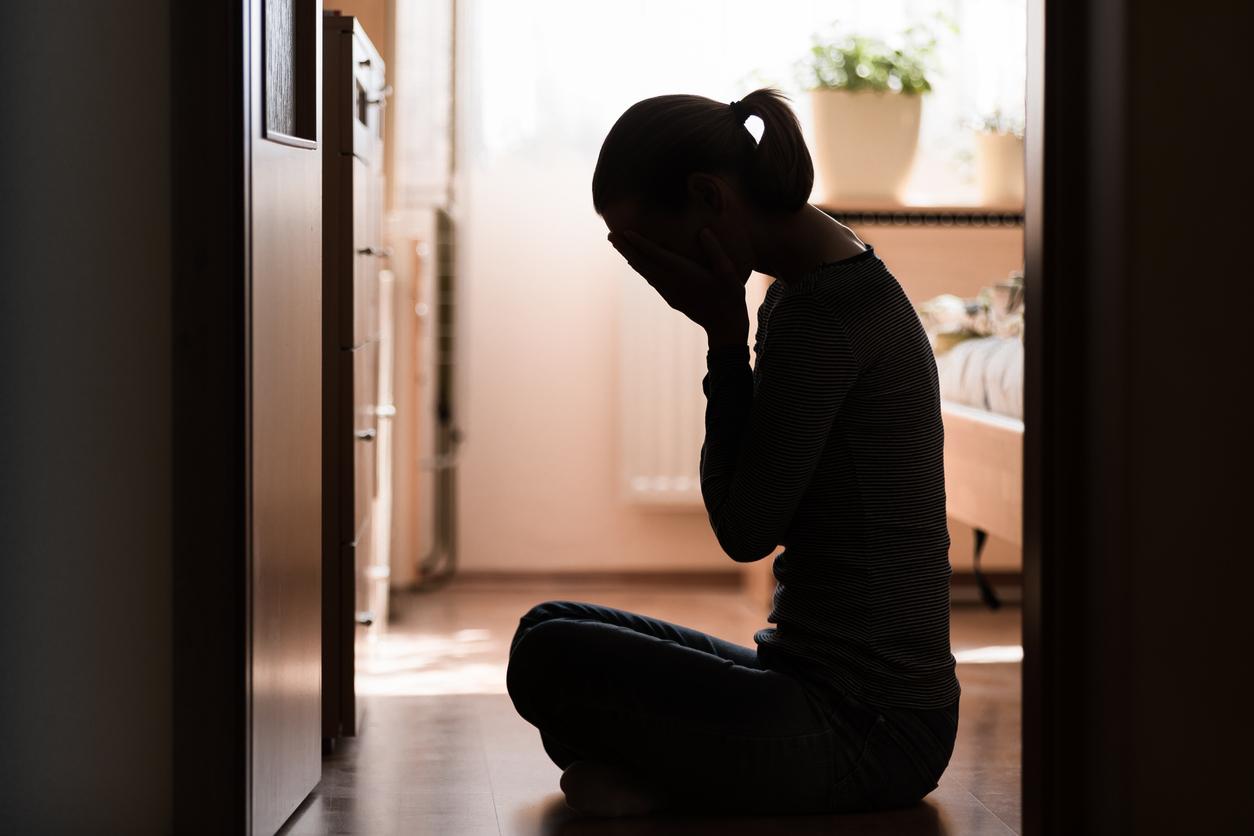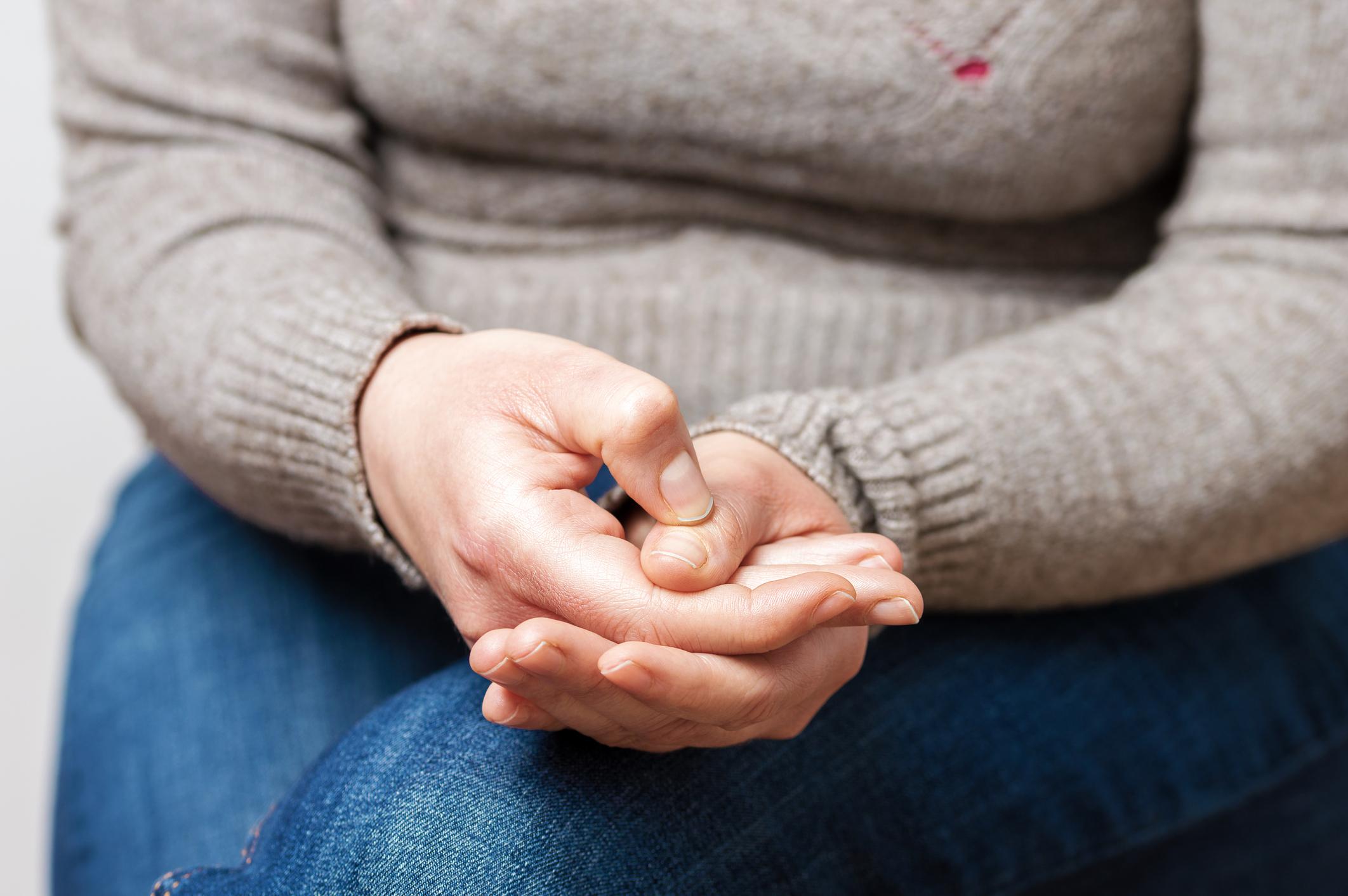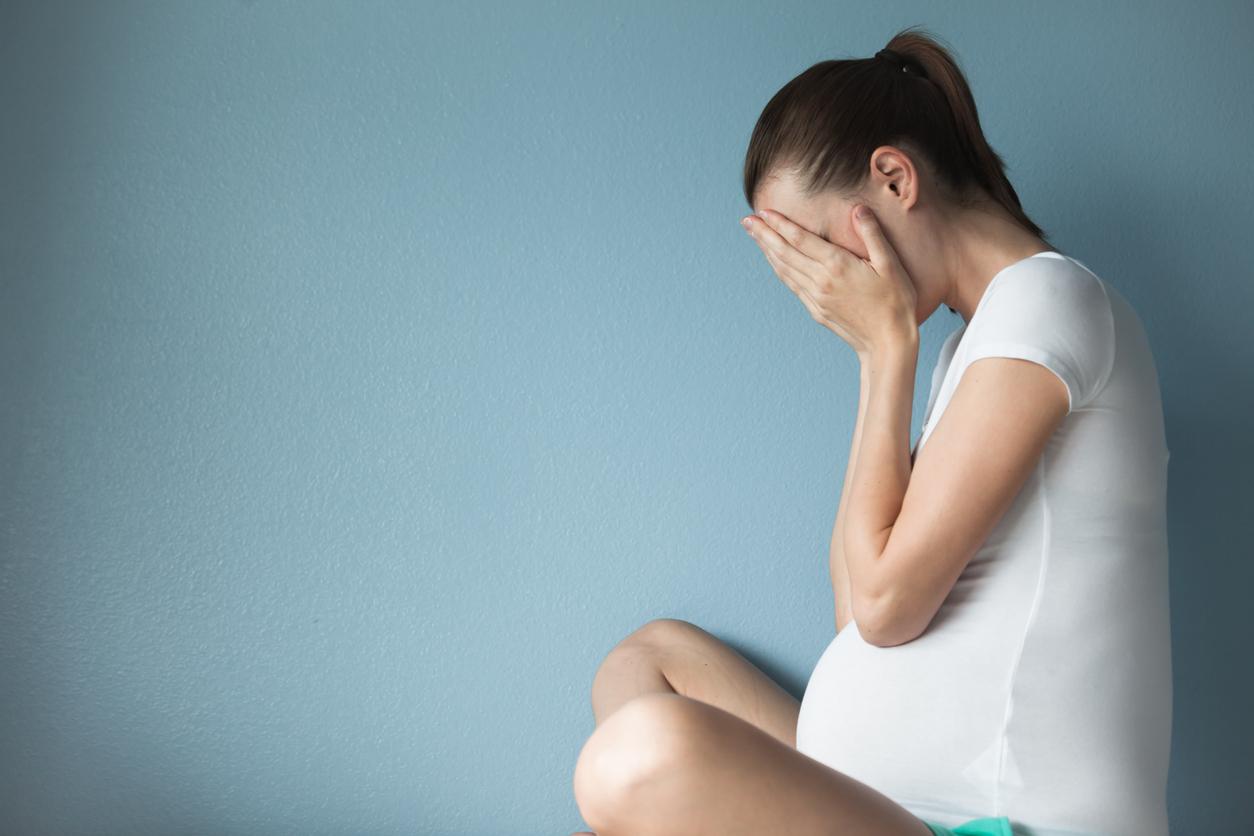Flagship measure of the bill resulting from the Grenelle against domestic violence, the lifting of medical secrecy continues to divide medical opinion. The General College of Medicine considers this proposal “infantilizing”, while the Council of the Order of Physicians considers it on the contrary as an effective means of saving people “in immediate danger of life”.

Since 1999, an international day dedicated to violence against women has been held every year on November 25 to fight against domestic violence and feminicide. This year in France, the event was marked by the establishment of a Grenelle aimed at establishing measures to combat this scourge.
In addition to the anti-reconciliation bracelet for spouses deemed violent, another measure aimed at protecting victims proposed during this Grenelle has caused a lot of ink to flow: the lifting of medical secrecy, so that doctors and all staff of the medical profession can more easily identify cases of domestic violence.
“Immediate danger to life”
Provision to which the National Council of the Order of Physicians (CNOM) is favorable: “This permissive derogation allowing to protect the victims and the doctors making a report in the event of an immediate vital emergency (…) cannot postpone questioning the fundamental principle of medical secrecy, the basis of the relationship of trust between a patient and his doctor”, confirmed the body to Agence France Presse.
In this specific case, the lifting of medical secrecy aims to signal cases of domestic violence, in the event of “immediate vital danger” or when the victim cannot file a complaint, because “under the influence” of his partner.
The doctor or the treating referent must also report this case to the public prosecutor and inform the person concerned beforehand. This provision drafted by the CNOM in agreement with the government stipulates however that the doctor must “strive to obtain the agreement of the adult victim in the first place”.
“Infantilizing” measure
Other medical authorities are more reluctant to apply this measure. This is particularly the case of the General College of Medicine (CMG), an association of unions and learned societies of doctors, which describes it as “infantilizing”, preferring to let the victim “make their choices independently”.
The Minister of Health Agnès Buzyn had herself expressed doubts about this proposal, recalling that derogations of this type already exist to ensure the protection of a person whose life is threatened.
Approved by MPs 39 votes out of 48 on 13 December, this measure will be debated again in the hemicycle at the end of January, within the framework of the examination of the LREM bill to protect victims of domestic violence.
.














